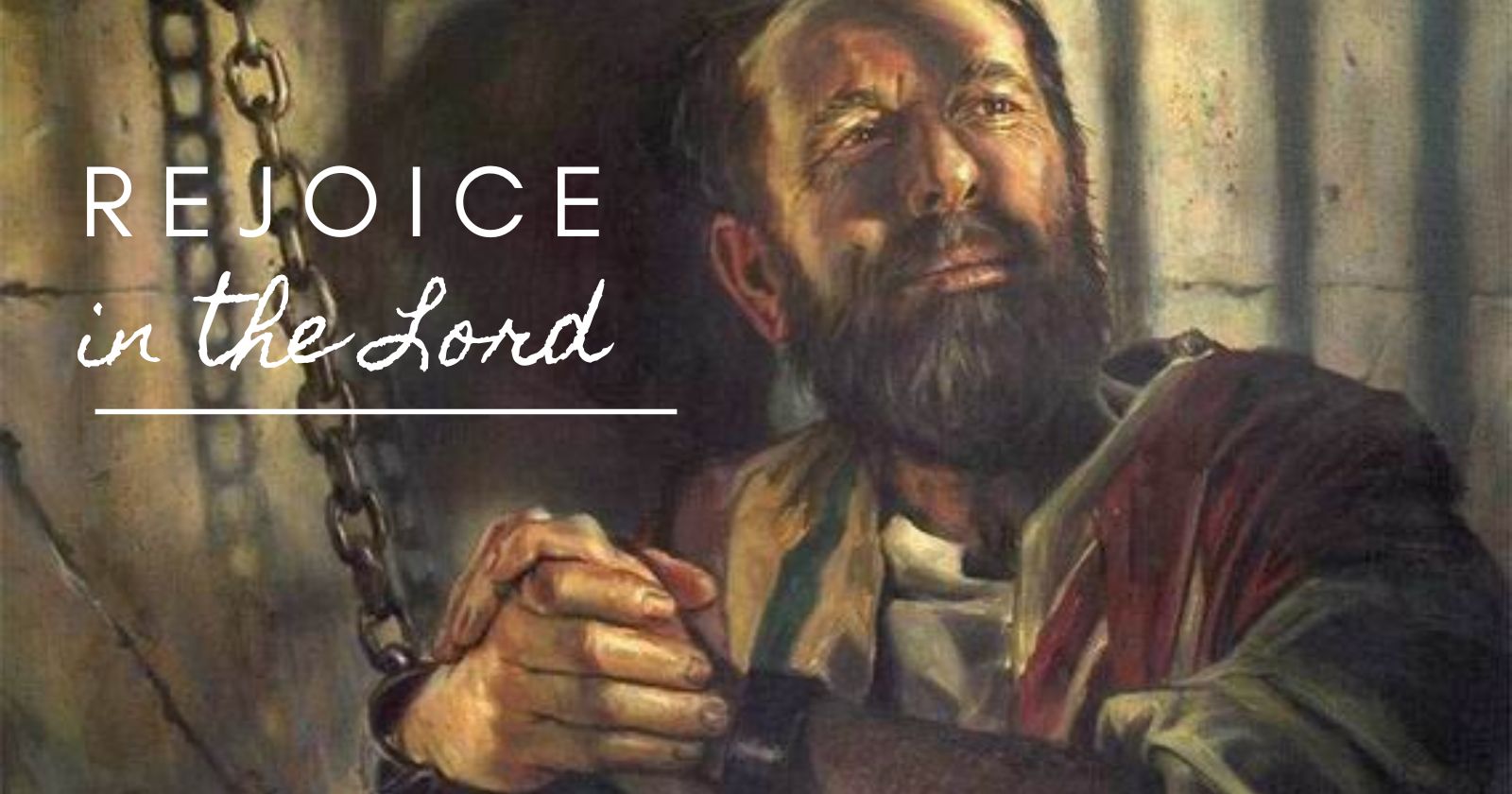In 1888, a French newspaper made a striking error that would change the course of history. When Alfred Nobel’s brother Ludvig died in Cannes, the newspaper mistakenly published an obituary for Alfred instead. The article was titled “The Merchant of Death is Dead.” As Nobel read his own obituary, his heart sank. There, in black and white, he saw his life’s work and legacy summed up in those harsh words. Despite his incredible scientific achievements and business success, Nobel realized he couldn’t earn a different legacy through his accomplishments alone. This shocking moment led to a complete transformation in his life’s purpose, inspiring him to establish the Nobel Prizes – awards that would celebrate those who brought the greatest benefit to humanity. Nobel discovered that sometimes our most cherished assumptions about what we can earn and achieve need to be completely rewritten.
In our passage today, we find a crowd asking Jesus a profound question: “What must we do to be doing the works of God?” It’s a question that reveals our deeply ingrained human nature. We want to know what we need to do, what boxes we need to check, what achievements we need to accomplish to please God.
Jesus’ answer must have startled them: “This is the work of God, that you believe in him whom he has sent.”
This response challenges everything we naturally assume about our relationship with God. We humans are hardwired to think in terms of earning and achieving. From our earliest days, we learn this pattern: work hard in school to earn good grades, put in extra hours to earn a promotion, save money to earn interest. This transactional mindset is so deeply embedded in our consciousness that we automatically apply it to our relationship with God.
We create elaborate spiritual checklists: regular church attendance, volunteer work, charitable giving, daily prayer, Bible reading. These are all good things, but we often transform them from expressions of faith into spiritual currency we think we can use to purchase God’s favor.
But God’s economy operates on an entirely different principle. The only “work” He requires is believing in Christ. This seems too simple, doesn’t it? Yet this simplicity is precisely what makes it so challenging for us.
Believing means surrendering our control. It means acknowledging that we cannot earn our way into God’s favor. It means accepting that our relationship with God is not a transaction but a gift. This runs counter to everything our achievement-oriented culture has taught us.
Think about it – we can control our work output, we can measure our charitable giving, we can count our service hours. But faith? Faith requires us to trust in something – someone – beyond our control. It demands that we acknowledge our inability to save ourselves and rest entirely on Christ’s finished work.
The beautiful paradox is that when we finally stop trying to earn God’s love and simply believe in Christ, we find ourselves doing the very works we struggled to accomplish before – not as a means of earning salvation, but as a natural overflow of our faith and gratitude.
So today, let us examine our hearts. Are we still trying to earn what God freely gives? Can we embrace the challenging simplicity of faith? Remember, the greatest work you can do is to believe.


